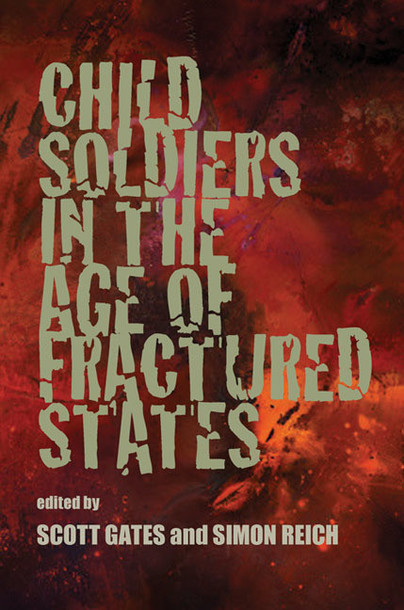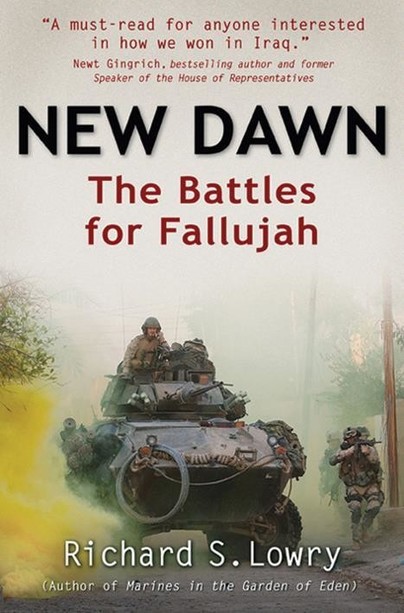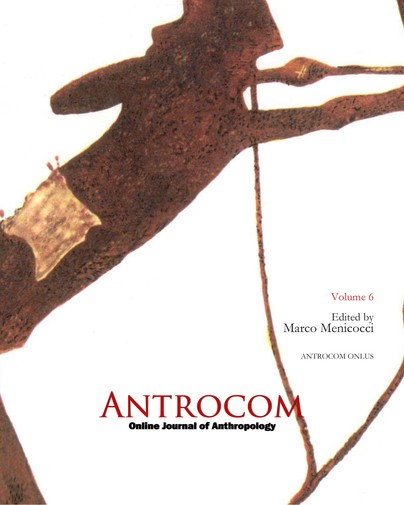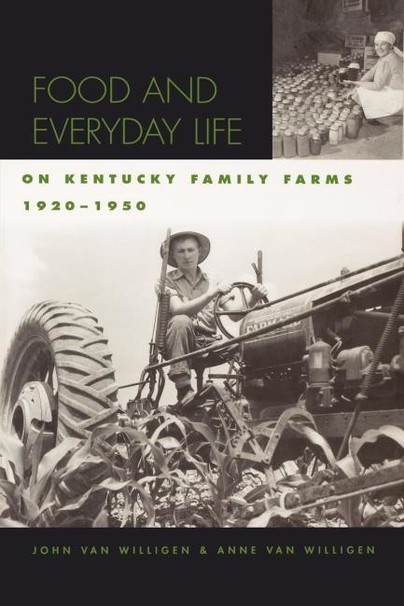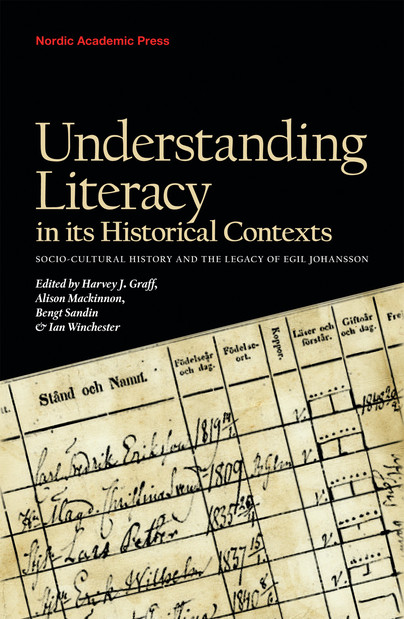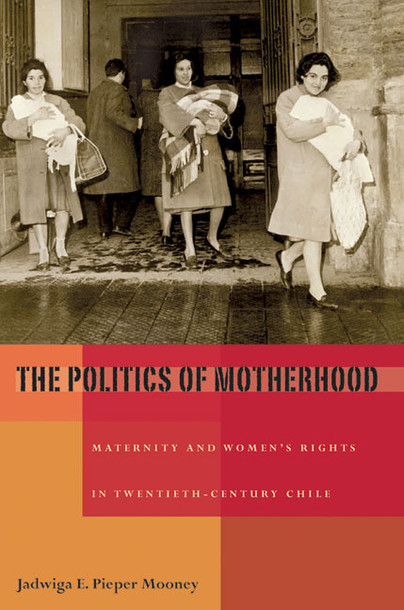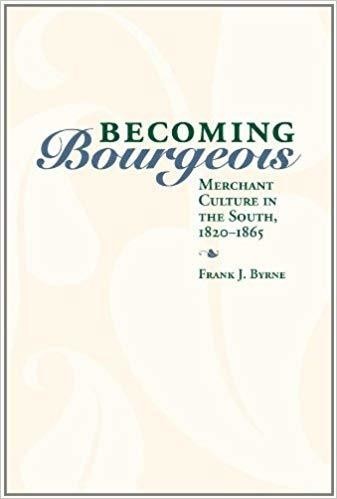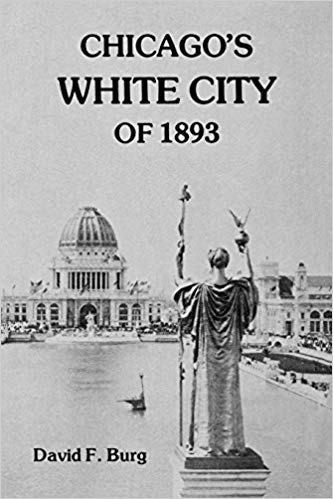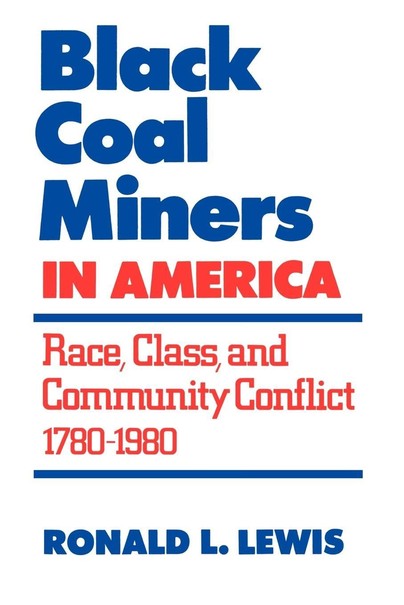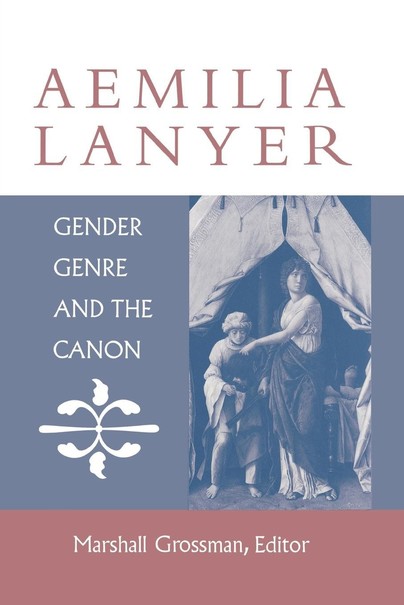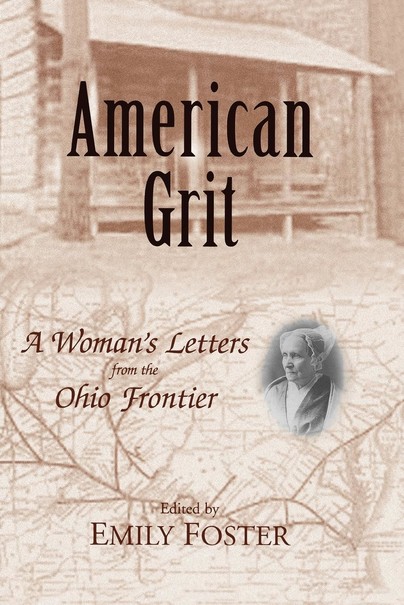Current global estimates of children engaged in warfare range from 200,000 to 300,000. Children's roles in conflict range from armed and active participants to spies, cooks, messengers, and sex slaves. Child Soldiers in the Age of Fractured States examines the factors that contribute to the use of children in war, the effects of war upon children, and the perpetual cycle of warfare that engulfs many of the world's poorest nations.
The contributors seek to eliminate myths of historic or culture-based violence, and instead look to common traits of chronic poverty and vulnerable populations. Individual essays examine topics such as: the legal and ethical aspects of child soldiering; internal UN debates over enforcement of child protection policies; economic factors; increased access to small arms; displaced populations; resource endowments; forced government conscription; rebel-enforced quota systems; motivational techniques employed in recruiting children; and the role of girls in conflict.The contributors also offer viable policies to reduce the recruitment of child soldiers such as the protection of refugee camps by outside forces, \u201cnaming and shaming,\u201d and criminal prosecution by international tribunals. Finally, they focus on ways to reintegrate former child soldiers into civil society in the aftermath of war.
